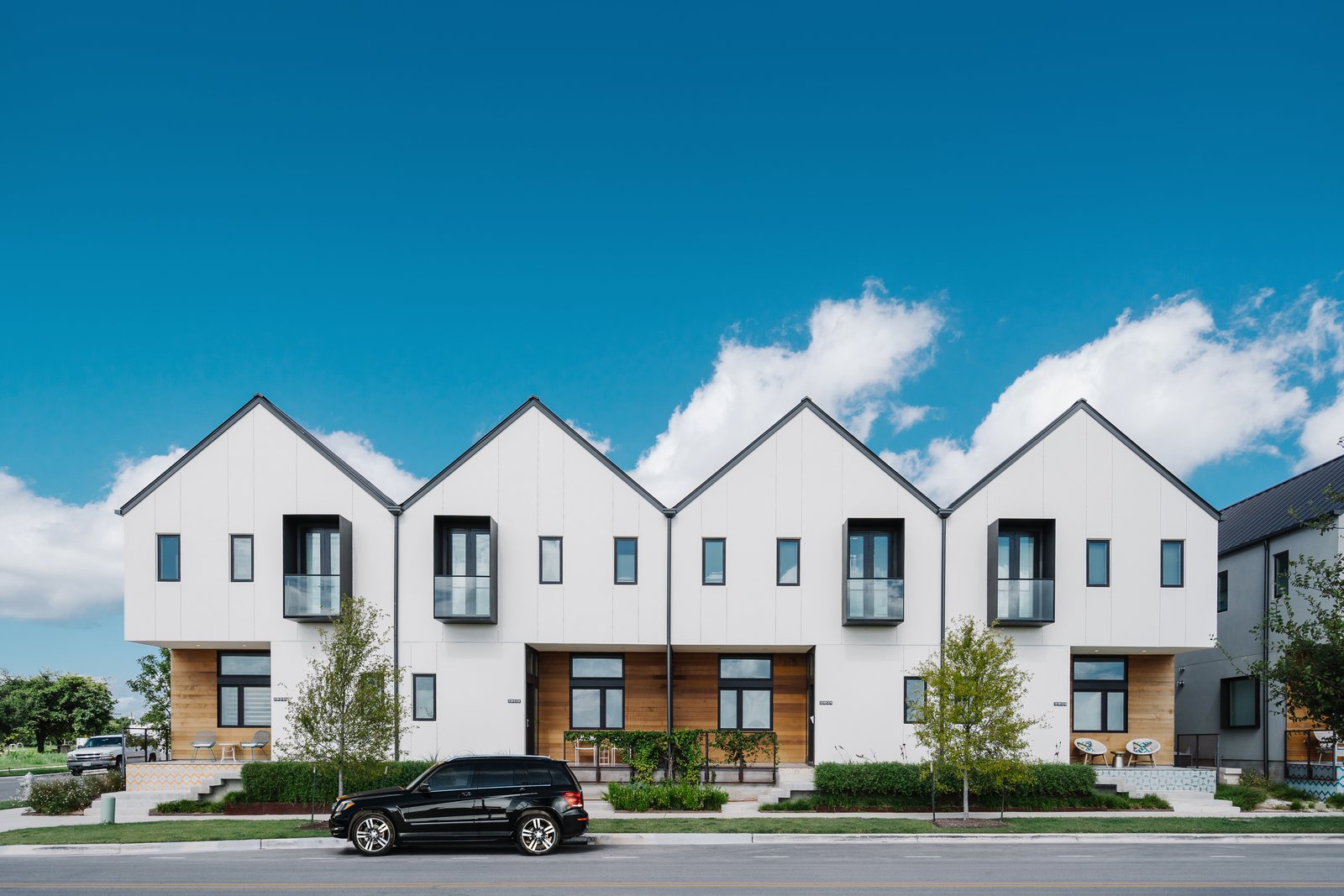A State-by-State Guide to Housing Measures on the 2020 Ballot
These initiatives on state ballots will decide questions about rent control, property tax, and urban development.

These initiatives on state ballots will decide questions about rent control, property tax, and urban development.

Besides the presidential election, voters across the nation will be deciding state-level initiatives affecting housing and urban development. More than half of housing-related measures involve deciding tax credits—for long-time homeowners, veterans, widows, and nonprofits such as Habitat for Humanity. An amendment to the Nebraska constitution could spur redevelopment in impoverished areas. And rent control—an ever-contentious issue that pits landlords and developers against tenants—is being debated again in California.
To make things easier for you, we’ve rounded up the states’ 2020 ballot measures impacting housing and development, and explain what they mean in plain ol’ English.
California
In California, where constituents face high taxes and soaring rents, voters will decide two controversial housing measures, Proposition 19 and Proposition 21.

A Manhattan Beach bungalow designed by architect Michael Lee.
Photo: Dave Lauridsen
Prop. 19 overhauls a landmark decision, Prop. 13, which had a seismic effect on California property tax rates when it passed in 1978. It slashed property taxes by roughly 57% for residential and commercial properties by returning to 1975-1976 values, and promised that the annual increase be capped at 2% per year as long as folks remained in their homes. This, effectively, gave homeowners an incentive to stay put to benefit from the reduced rate. A "yes" vote on Prop. 19 would let homeowners over 55 transfer their current assessment rate to a new residence three times, and people with disabilities and wildfire victims to do so once. Realtors believe it will encourage many people to move or trade up.
To offset the fiscal impact of those tax breaks, Prop. 19 also bars children inheriting property from keeping the low tax rate if it is not their primary residence—i.e. if it’ll be rented out. Funds will go toward cities, school districts, and fighting wildfires.

Rudolph Schindler’s Bubeshko Apartments in Silver Lake, Los Angeles.
Photo: Jessica Haye and Clark Hsiao
Another key measure on the California ballot is Prop. 21, which would allow local municipalities to establish rent control on residential buildings over 15 years old. There’s no question that California rents are super high: Harvard University’s Joint Center for Housing Studies found that in 2020, 53% of California renters are cost-burdened.
Congressperson Maxine Waters and Senator Bernie Sanders support Prop. 21, while Governor Gavin Newsom opposes it, citing California’s statewide rent control law that prevents landlords from raising rents more than 5% plus inflation per year, and requires just cause for evictions.
But Trinidad Ruiz, a tenants’ rights activist working with the Yes on 21 campaign, says current protections in cities like Los Angeles don’t go far enough. The organization recently helped a 79-year-old renter who was being harassed by her landlord in order to free up her unit and double the rent. Says Ruiz, "She’s paying $890 a month for a one-bedroom in Echo Park," a community where most apartments that size go for $2,400.
Prop. 21 also includes vacancy control, which removes the incentive to force tenants out; landlords would only be able to increase rent on freshly vacant apartments by 15% a year for three years. Landlord with one or two properties would be exempt. "Nobody’s wages are going up as fast as the rent," Ruiz says. "We think this offers real solutions to the housing affordability crisis."
Opponents say Prop. 21 doesn’t solve the lack of affordable housing, and that it will stifle residential property development as well as lower the value of rental properties, which could reduce local tax revenues. The Harvard University analysis, however, noted that low vacancy rates and high demand have spurred new development along with robust increases in value for rental properties.
Colorado

Denver, Colorado’s ever-changing skyline showcases an eclectic mix of architectural styles.
Photo: Cameron Wittig
See the full story on Dwell.com: A State-by-State Guide to Housing Measures on the 2020 Ballot
Related stories:
